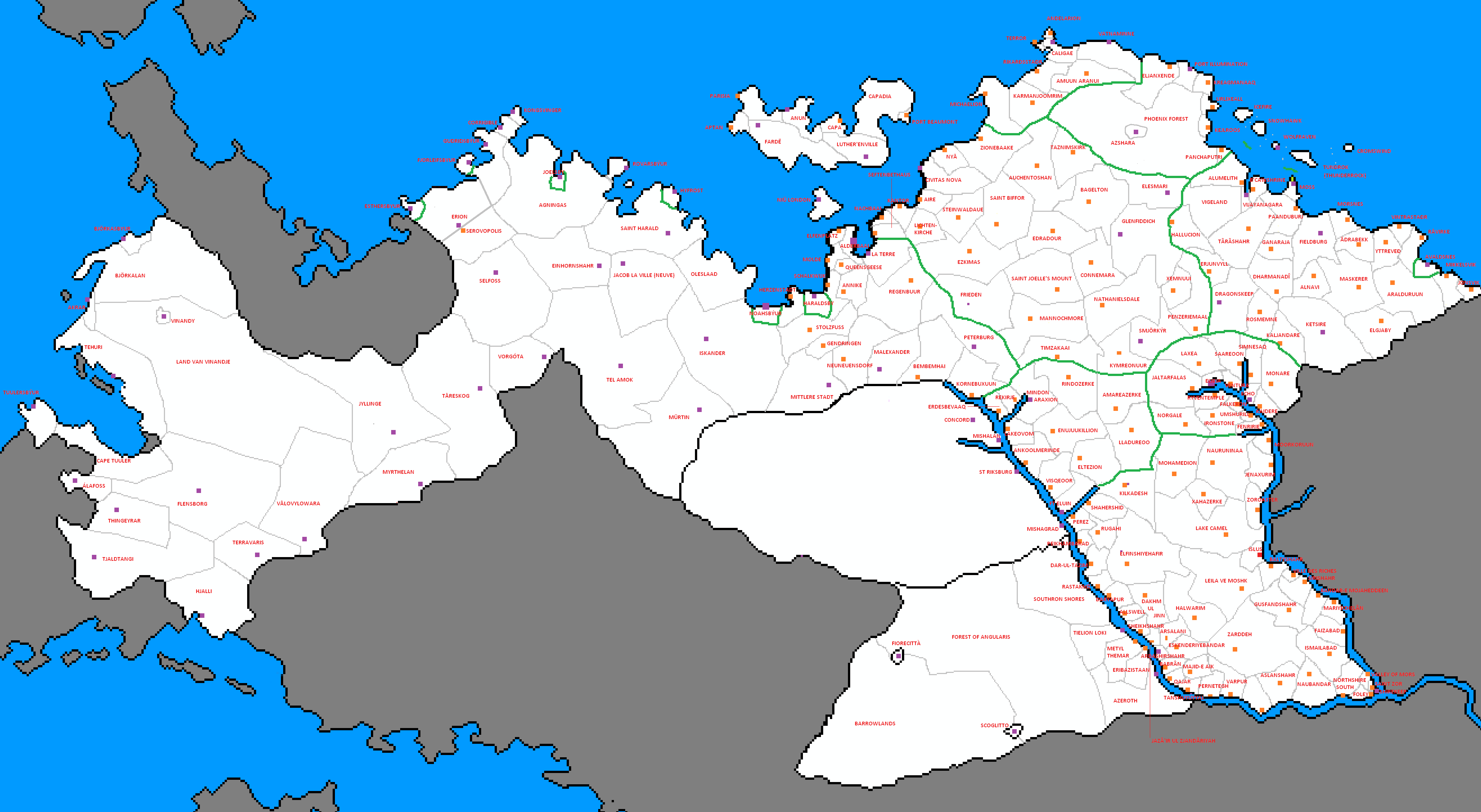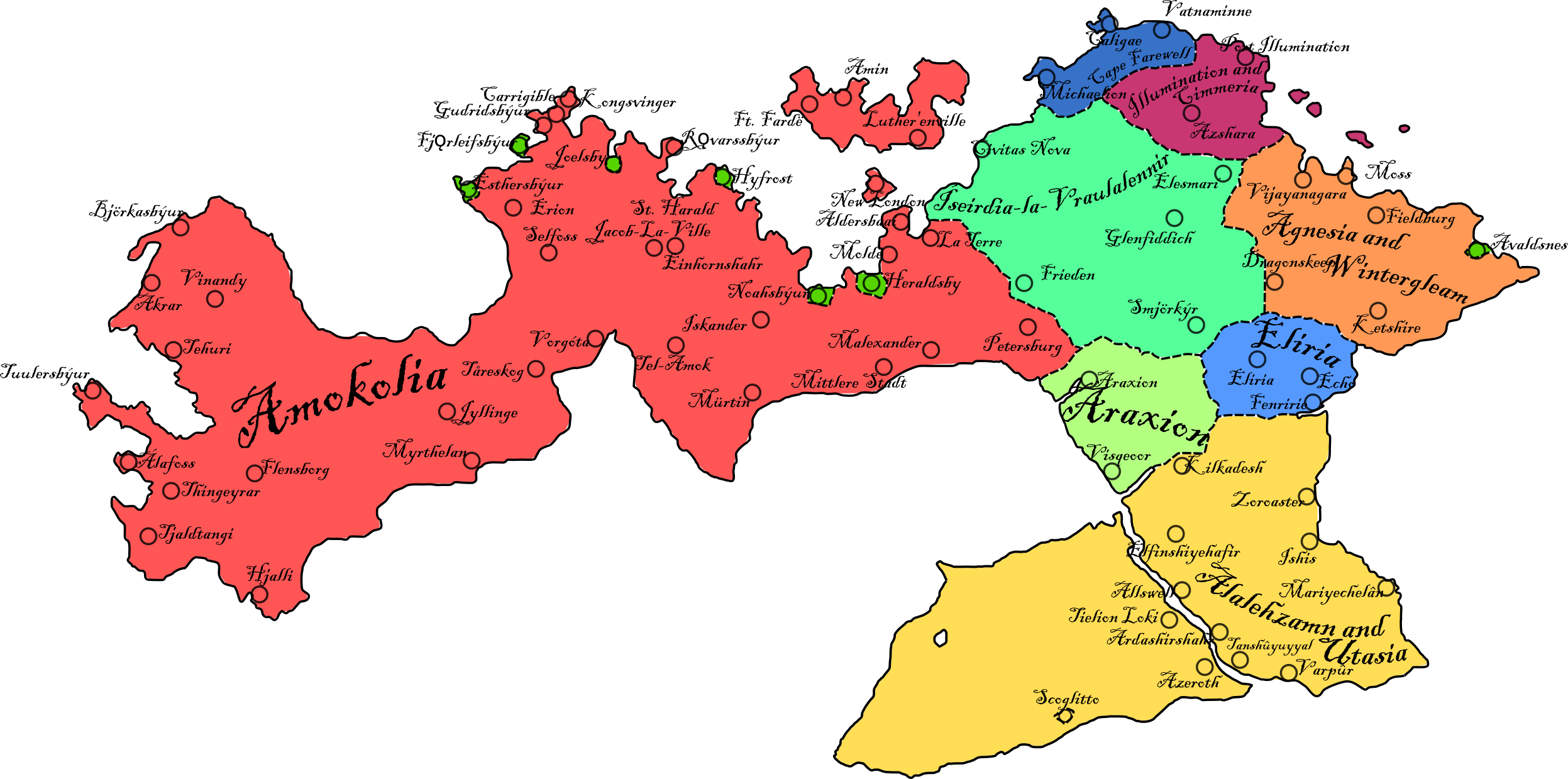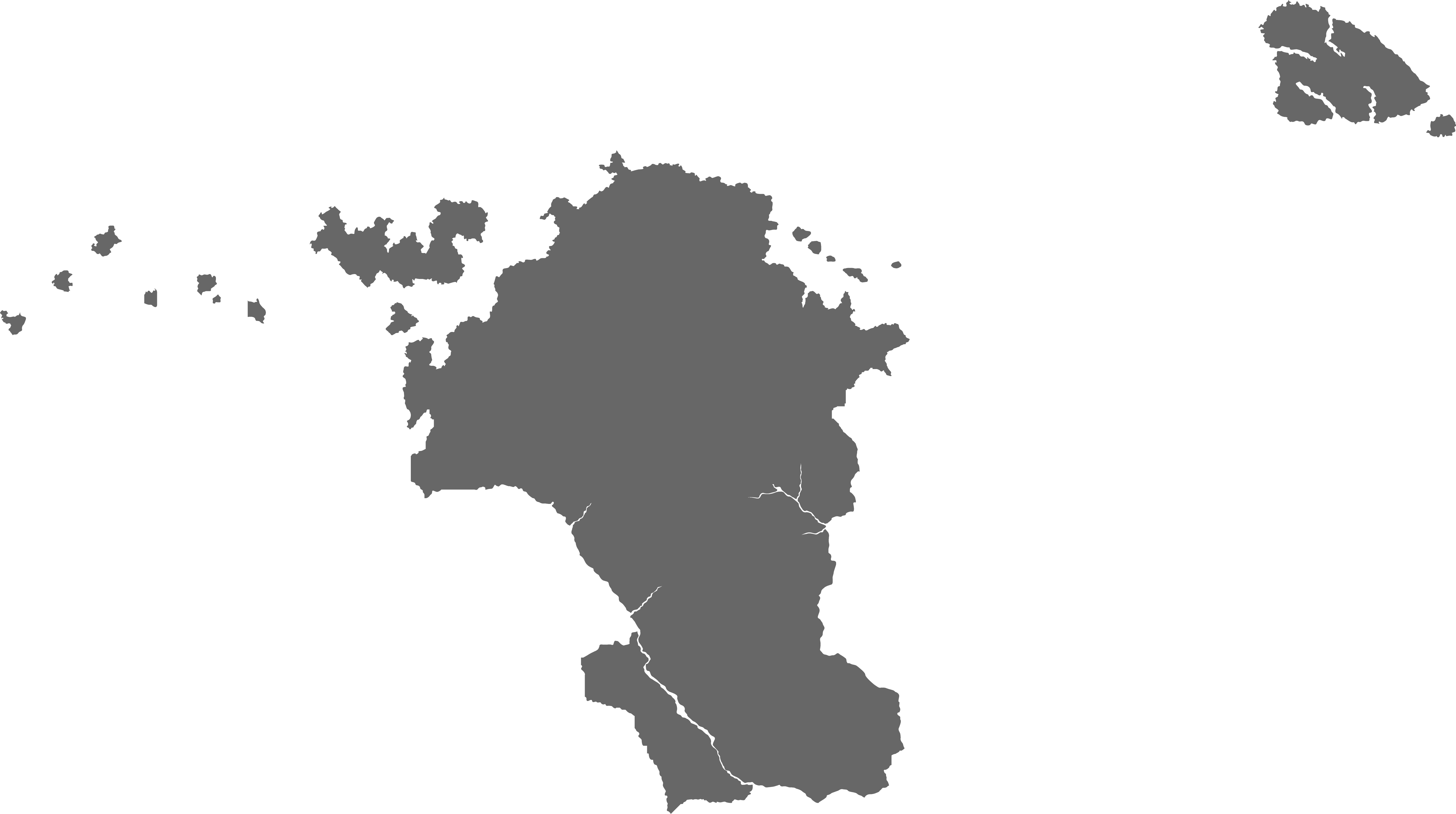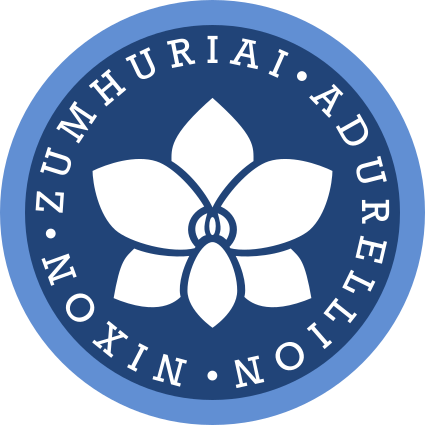Elwynn

|
|
| Motto: | Еӆуенууеқ наазамнизор! Elluenuueq naazamnizor! Elw: Elwynn prevails! |
| Feudal Status: | Imperial State |
| Capital: | Eliria |
| Largest Cities: | Ardashirshahr, Anun, Caligae, Eliria, Fjǫrleifsbýur, Rǫvarsbýur |
|
| |
| Local Leadership Title: | Prince |
| Local Government: | Republic |
| Current leader: | Eki Verion |
|
| |
| Local language: | Præta Sxiróþes Istvanistani Elw language |
| Local Religion: | Bovic Faith Holy Church of the Divine Icebear Treesian Unorthodoxy Zurvanism |



Elwynn (Elw: Еӆуенууеқ, Elluenuueq [əɬuənuːəχ])) is a region in northern Benacia, generally consisting of the land between the Red and Blue Elwynns, and the associated land northwards to Cape Farewell.
Elwynn has in its history been an Imperial State (1600–1665), an independent state (1567–1600), a Shirerithian duchy (1452–1588, 1509–1562, 1587–1600), barony (1488–1500, 1504–1509), and a county (1500–1504). As an independent county, west Elwynn was a republic with an elected prince. Since rejoining Shireroth, Elwynn kept its independence-era government (1600–1607), then became the Coordinated State of Elwynn (1607–1612), the Democratic People's Republic of Elwynn (1613–1618), a transitional monarchy (1618–1623), and a Vanic state (1623–1651). Since the fall of the Vanic State, Elwynn's governing institutions were eroded by factional infighting and popular unrest, culminating in an Imperial intervention and the partition of Elwynn in 1665.
The name Elwynn comes from a goddess with the same name who originally hailed from the Treesian pantheon. The Elwynnese Republic is noted for its violent and complex history, its significant minority populations, and for its long period of independence from direct Imperial control.
Geography
Elwynn has a diverse geography. The North of Elwynn is characterised by mires, thick forests and long mountain ranges. The Counties of Cimmeria and Cape Farewell are partly covered by permafrost. Great forests, such as Phoenix forest, gradually evolve into plains and fields when one travels to the South. The Capital city of Eliria, and surroundings, has a mild inland climate. In the South, steppes and plains dominate the landscape, with mountain ranges and even deserts occuring in Alalehzamn.
The most striking feature of Elwynn is the river of the same name, which provides both a natural resource of fresh water, as well as an opportunity for trade.
History
See also: Duchy of Elwynn
See also: History of Elwynn
See also: The Modern History of Elwynn
Government
Between 1562 and 1612, Elwynn was ruled as a oligarchic republic by an elected Prince. After the communist revolution the Senate, which had been the mainstay of the republican government, collapsed utterly and was swept away by the Ayreon-Kalirion Restoration, also known as the Nathanielian Restoration, after 1618 which introduced a new constitution with an absolutist form of monarchical government.
After the end of the Froyalan era, Elwynn reorganized itself as the Elwynnese Republic with a new constitution.
Defence and Security
Following the Elwynnese Civil War the Imperial Forces maintain a garrison of three Corps organised into the Northern Banner Group of Benacia Command, a Shirerithian led allied formation maintained by the Raspur Pact.
Supporting these, and providing aid to the civil power, are the Public Order Forces of Elwynn, established by the White Elwynn Accord of 1662. The Public Order Forces are separately commanded by the Commissioners of the Peace, united by their seats on the Council of Eliria, who have responsibility for the Northern League, League of the Midlands, and Southern League, respectively. The force limitation clauses of the Accord prohibit the commissioners to raise more than 120,000 personnel or operate more than 150 Armoured Fighting Vehicles, 50 Artillery Pieces, 8 Surface Combat vessels, 10 Air Superiority Fighters, 10 Multi-Role Ground Attack Aircraft or 5 Transport Aircraft.
The Corps of the Gentlemen-at-Cudgels answers directly to the Prince and is the sole law enforcement agency of the Elwynnese Republic with universal jurisdiction and powers of arrest.
Additional support from Imperial security and law enforcement agencies comes from the Imperial Marshals and the retinues of the Lieutenants of the Steward which may called out by the respective Commissioners of the Peace in their leagues and to support the Corps of the Gentlemen-at-Cudgels nationwide at the invitation of the Prince.
Demographics
The Elwynnese Republic is divided into several counties, or provinces. These counties, except for the capital county of Eliria are three larger administrative divisions, the Southern League, the Northern League and the Western League.
| Subdivision | Citizens | Denizens | Loyal Subjects | Community Servitors | |
|---|---|---|---|---|---|
| Alalehzamin | 482,247 | 40,111,222 | 0 | 0 | 40,593,469 |
| Eliria | 304,104 | 9,188,991 | 0 | 0 | 9,493,095 |
| Iserdia | 270,057 | 25,888,199 | 0 | 0 | 26,158,256 |
| Utasia | 189,155 | 18,991,001 | 0 | 0 | 19,180,156 |
| Agnesia | 182,712 | 18,513,458 | 0 | 0 | 18,696,170 |
| Cape Farewell | 105,808 | 9,846,340 | 0 | 0 | 9,952,148 |
| Araxion | 97,153 | 10,192,888 | 0 | 0 | 10,290,041 |
| Automatica | 83,290 | 8,199,991 | 0 | 0 | 8,283,281 |
| Cimmeria with Illumination | 76,863 | 9,877,991 | 0 | 0 | 9,954,854 |
| Vattnaland | 60,328 | 6,406,145 | 0 | 0 | 6,466,473 |
| Raikoth | 30,176 | 2,001,002 | 0 | 0 | 2,031,178 |
| Total | 1,881,893 | 159,217,228 | 0 | 0 | 161,099,121 |
Language
See Elw language for more details.
Elw is the language of the indigenous eponymous ethnic group that comprises the largest segment of the population. Owing to the significant ethno-cultural diversity of the immigrant and regional populations of Elwynn there are a great variety of other languages spoken within the Elwynnese Union, these include Babkhi and Kalasperin, Farewellish, and Wintergleamish as well as various Norse dialects.
The Common Tongue serves the necessary purpose of a lingua franca for government business, commerce and day to day living.
Culture
It's all over the place man.
Names of Elwynn
For more information on the names for Elwynn as given in the Elw language, see the article Elw titles.
Elwynn has acquired a variety of names over the course of its existence owing not only to the variety of peoples that call it home.:
- Alvýnalann;
- Flower of the North: The name Flower of the North alludes to both the White Orchid Goddess and to Elwynn's geographical location as nothernmost of Shireroth's original three duchies;
- Joijnie d'l'Elwyjn: This name means "Elwynnese Union" in old Amokolian;
- Lands of the Two Sacred Rivers: This name gives account to the River Elywnn, with its two branches that flow through Elwynn, the Blue Elwynn and the White Elwynn;
- Lirikoth: This name means Elwynn in Hyperborean;
- Northshire: The Duchy of Elwynn was intially known as the Duchy of Northshire, deriving its name from a fortified pale (area enclosed by a palisade) around Shirekeep, which is not to be confused with the village of the same name;
During the independence era, independent Elwynn was often called West Elwynn, and the Shirerithian Duchy of Elwynn was called East Elwynn. However, for political reasons, independentist Elwynn termed the East "Feudal Elwynn" and itself as Free Elwynn. East Elwynnese authorities called the West Lirikoth Moivaster ("Elwynn that has strayed") or simply "The Eliria Clique".
